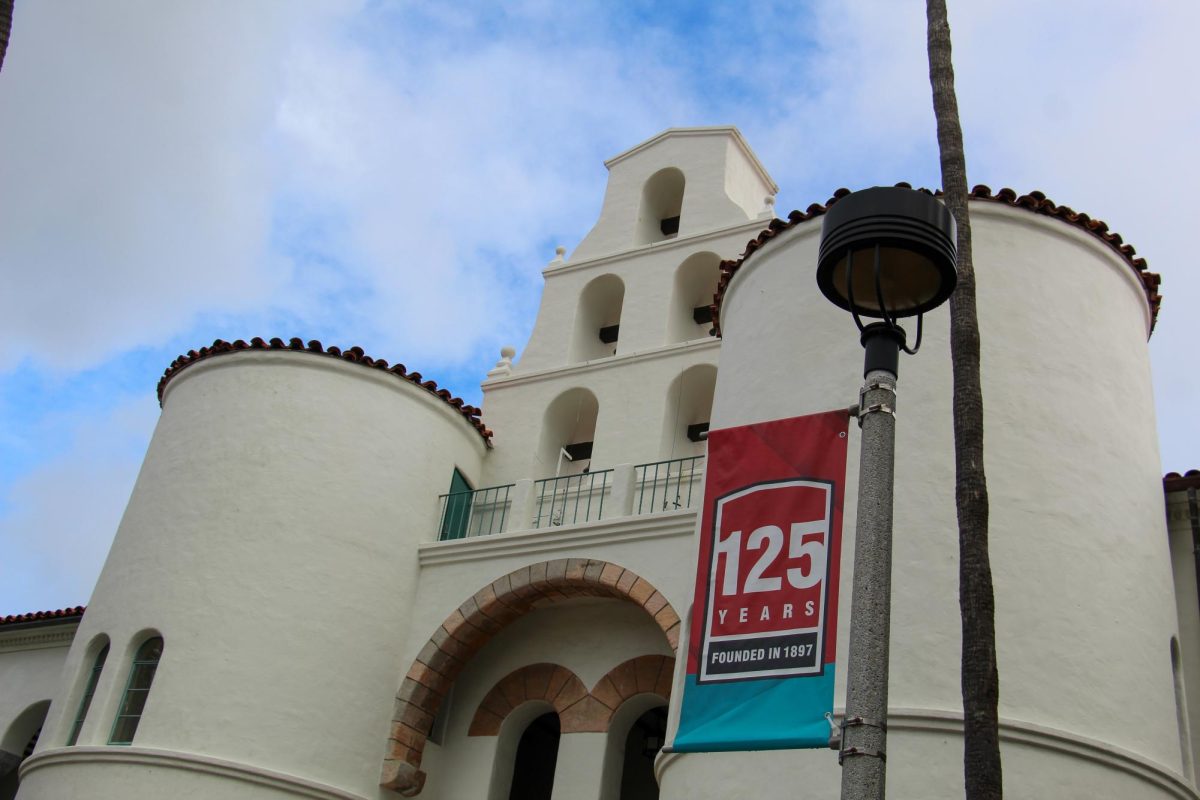Florida, Arizona and the United States Supreme Court may be restricting and banning abortions, but California State University students can access non-invasive abortion care on their campuses for the foreseeable future.
A medication abortion, also known as MAB, is a two-pill procedure used to terminate a pregnancy up to 11 weeks after conception. This process appears to be a popular choice during national abortion upheaval, according to a news release from the Guttmacher Institute, who states that medication abortions “accounted for 63% of all abortions in 2023.”
In 2019, while 15 states moved to restrict abortions with 6-week bans, the California State Senate passed a bill, ensuring that medication abortions are available for students at the 33 California public universities. This bill enforcement occurred less than seven months after Roe v. Wade was overturned.
The medication itself in most cases, along with training, new equipment, staff hired, security upgrades and other facility service costs, was funded with a one-time $200,000 grant to each university administered by the California Commission on the Status of Women and Girls.
Libby Skiles, the executive director of Student Health Services at San Diego State University, said that she doesn’t know how the campus health center would have been able to provide the service without that funding.
As the one-time funding dwindles, campuses must plan for maintaining the service to support both current and future students.
“We are having a lot of internal conversations — not necessarily just funding — but to process about new medical providers starting at Student Health or when a new staff member starts at Student Health,” Skiles said. “How do we make sure that they get a similar level and quality of training that our team — who was here in 2022 and 2023 when we were rolling this out — received?”
And although campuses are mandated to provide the MABs, some of them do not mention the service online.
Multiple campuses received backlash earlier this year when it was revealed that 11 out of 23 California State Universities did not list medication abortion information on their websites.
As of April 2024, the number of CSUs that do not list medication abortion information online is down to six. This includes San Diego State University, which does not list MABs on the Student Health Services website’s services list at this time.
Anneke Nijmeijer, a third-year studio art student, thought MABs were outsourced from campus. She said she was surprised to learn that students can get MABs through Student Health Services because she does her own research on abortions and women’s healthcare.
“I absolutely know that you can get STD tests and prevention for that kind of thing (on campus),” Nijmeijer said. “But I feel like abortion is just not as largely talked about because it’s less socially acceptable, which is interesting.”
Nijmeijer said that she sees signs and receives emails about STI testing and expressed a desire to see the same level of transparency with MABs. She believes students should readily know they don’t have to look for external options.
“I think our school is very good at communicating information when they want to,” Nijmeijer said. “However, sometimes they don’t fully take a stance and say, ‘These are (services) we offer and we are proud to offer them.’”
The Student Health Services website does list contraceptives, sexually transmitted infection testing and the Family PACT, which provides safe sex supplies and family planning resources to low-income individuals.
The Well-being and Health Promotion website also lists one-on-one appointments with health education specialists which, according to Skiles, is a resource that can be used to discuss pregnancy options.
Skiles said that SDSU students can schedule MABs by sending a message through Health eConnect or by calling the health center for an appointment.
She added that communicating about MABs with students is a thoughtful conversation between the staff, her team and risk management.
“That’s just kind of the world we’re in now,” Skiles said.
Rita O’Neill, California Polytechnic University, Pomona’s director of Student Health & Wellness Services, defended other CSU campuses, even when Pomona’s website is more “robust” in communicating with students about MABs.
“Each school is going to be in a particular situation based on what they know about their students and so forth,” O’Neill said. “We’re all trying to make decisions that keep everybody safe because in some places, frankly, it is more controversial. Some of the campuses have taken a little heat for that… but they’re making tough decisions about how to keep everybody at the campus safe.”
National bans and changes to abortion laws have affected Pomona, too.
A “Plan C” is listed on the MAB portion of Pomona’s website, which directs students to mail order medication abortions for each U.S. state. According to O’Neill, most Pomona students have not been interested in mail orders because they want to discuss side effects and have human contact with a medical practitioner, but there are also some concerns about supplying mail orders through campus services.
“The concern around the mail order, of course, is that’s what is affected by the Supreme Court decision,” O’Neill said. “We haven’t wanted to put ourselves at risk by having all of our service be (mail order) because we’ve been attentive to the possibility that it may be disallowed.”
Both directors recommended that students should seek out campus services if they need them, whether that means speaking to someone about pregnancy options or gynecological care.
“If (students) are experiencing a pregnancy or they’re experiencing any type of concern related to their reproductive health, we’re a great starting point for them to be able to be seen and get help in a safe and confidential environment,” Skiles said. “Nobody else you know at the university knows, unless we have a state-mandated reporting requirement, such as sexual assault. Just come in and see one of our providers because we’re happy to help.”











